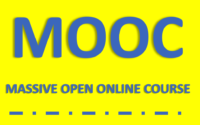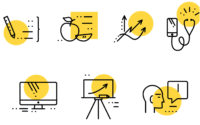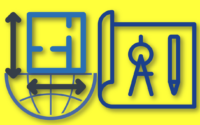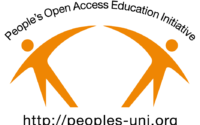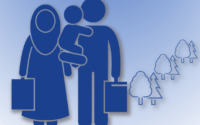
A New Pedagogy is Emerging… and Online Learning is a Key Contributing Factor
One and a half billon students around the world, according to UNESCO, were engaged in remote learning at the height of the COVID-19 pandemic in March 2020. Some students were able to access the Internet to do so, but not all. The majority of students around the world, who have access to smartphones, are able […]
